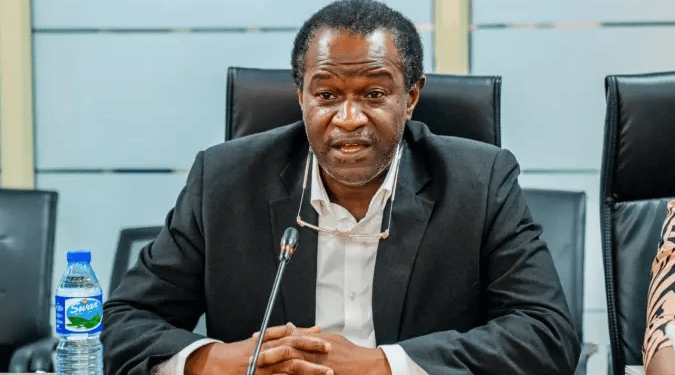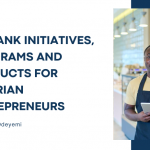Thousands of Nigerian students have finally begun receiving their long-delayed upkeep payments, as the Nigerian Education Loan Fund (NELFUND) resumes disbursement following the successful transition from digital wallet platforms to traditional commercial bank accounts.
The development comes after weeks of concern and uncertainty among student beneficiaries who were previously unable to access their funds due to payment processing issues linked to digital-only banking services. NELFUND confirmed that over 3,600 students who updated their banking details via the agency’s online portal have now been credited.
“This marks a major milestone in our commitment to efficient and reliable student support,” the agency noted, assuring students that it remains focused on ensuring no eligible applicant is left without assistance.
Despite the breakthrough, hundreds of students still risk being left out if they fail to update their account information. NELFUND has urged those who registered with digital banking apps to promptly raise a support ticket on the official portal to initiate the update process.
Alternatively, students can approach their school’s ICT or student affairs offices for help in forwarding their details to the fund’s administrators. These steps, the agency noted, are essential to prevent further payment disruptions.
This round of disbursements is part of NELFUND’s broader efforts to reposition Nigeria’s student loan system as a dependable lifeline for students pursuing higher education across the country. The agency has pledged to continuously improve its operational systems to reflect global best practices in financial aid delivery.
According to NELFUND, its long-term vision is not only to fund tuition but also to guarantee students have the means to stay afloat during the academic year through prompt upkeep allowances. The fund also encouraged students to stay informed through official channels and avoid relying on third-party intermediaries for support.
Beyond solving immediate challenges, NELFUND said it is building a stronger infrastructure for future disbursements. Integrating traditional banks into the payment process is one part of a broader strategy aimed at making the loan scheme more accessible, especially to students in rural or digitally underserved areas.
The agency is also exploring new tools to ensure transparency, reduce turnaround time, and foster trust among students and their families. It reiterated its dedication to making education more inclusive, regardless of socioeconomic background










